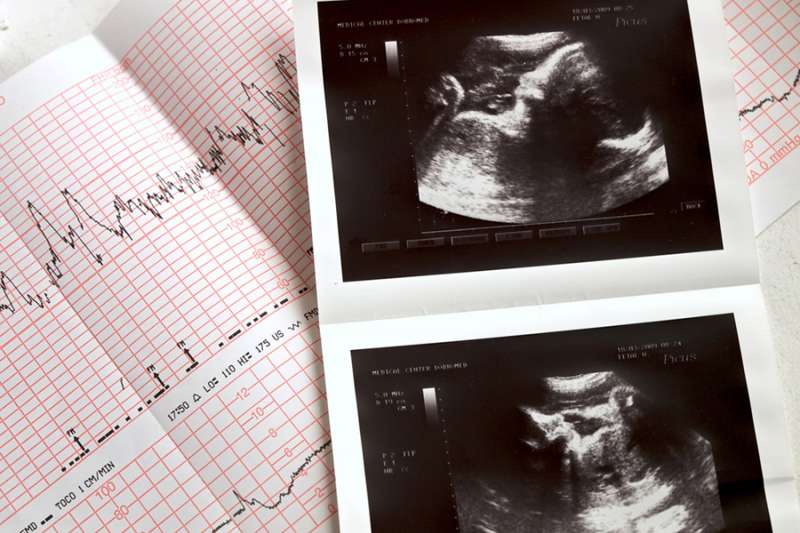Abortion in the United States is usually thought of as a deeply partisan issue. The majority of Republicans in Congress support restrictions on abortion, and the Democratic Party has included support and public funding for abortion in its most recent official party platform.
Outside the beltway, however, viewpoints about abortion don’t divide neatly among party lines.
Some recent polls show broad support for some abortion rights among Republicans, and another suggests that a noteworthy number of Democrats are in favor of overturning Roe v. Wade, the Supreme Court decision that cemented abortion’s legality in the United States.
A Marist poll released in January reported that 76 percent of Americans favor some restrictions on abortion, including 60 percent of those who call themselves pro-choice. The same poll found that more than 60 percent of Democrats, and more than 75 percent of independents, support placing strict limits on abortion, and less than 25 percent of Democrats said they support the right to abortion throughout the entire course of a pregnancy.
Despite those numbers, a recent poll by the Kaiser Family Foundation suggests that most Americans do not want Roe to be overturned.
The Kaiser poll found that 67 percent of people, slightly more than two-thirds of respondents, said that they were in favor of leaving the decision as-is. These numbers were consistent among men and women--with 65 and 68 percent, respectively, supporting the decision. Notably, 74 percent of women between the ages of 18 and 44 said they were opposed to overturning Roe.
Within political parties, though, a divide began to emerge. 53 percent of Republicans favored overturning Roe, compared to only 23 percent of independents. Noteworthy, though, is that 16 percent of Democrats seemed to reject their party’s support for abortion by expressing that Roe v. Wade should be overturned.
While 16 percent is certainly not a majority, it is significant. Despite this, only three Democratic members of the House of Representatives--Reps. Dan Lipinski (D-IL), Henry Cuellar (D-TX) and Collin Peterson (D-MN) voted to ban abortion after 20 weeks gestation this past October.
Lipinski barely survived an intense primary challenge that centered almost entirely on his pro-life views, and initially was not endorsed by the Democratic Congressional Campaign Committee--again, over his opposition to abortion.
Some pro-life activists lamented that Lipiniski did not have his party’s support because of his stance on abortion, and that pro-life Democrats are generally unwelcomed by party leadership.
“The Democratic Party has never been very welcoming to pro-life Democrats,” former Michigan Rep. Bart Stupak, a pro-life Democrat, told Vice News in January “They’re even less warm now, and the relationship has gone south.”
Interestingly Research shows that many Americans are uninformed about what overturning Roe actually means.
In a 2013 Pew Research poll, only 62 percent of respondents were aware that Roe concerned abortion rights--a full 20 percent admitted that they did not know at all what the case was about. Only 44 percent of respondents under the age of 30 said they knew that Roe was about abortion.
Some pro-life activists say that confusion over Roe v. Wade, and unpredictable partisan alignment on the issue, demonstrates that opposition to abortion could transcend traditional partisan divides
“As those of us in the anti-abortion movement work to make abortion both illegal and unthinkable, we know that human rights should never just be another partisan issue,” Rosemary Geraghty, of Rehumanize International told CNA.
Rehumanize International is a non-sectarian, non-partisan organization “dedicated to
creating a culture of peace and life” by opposing violence in all forms, including abortion.
“When thousands of human beings are being legally killed every single day, we need to be willing put politics aside and work with everyone in order to build a culture that truly supports all people faced with unplanned pregnancy and their children,” said Geraghty.

